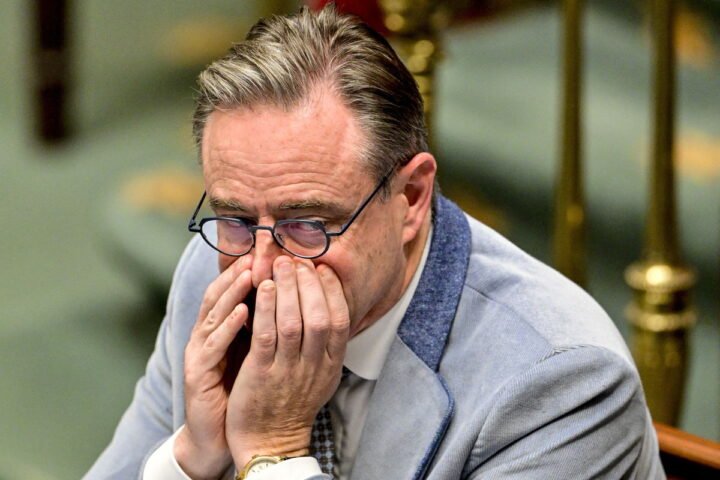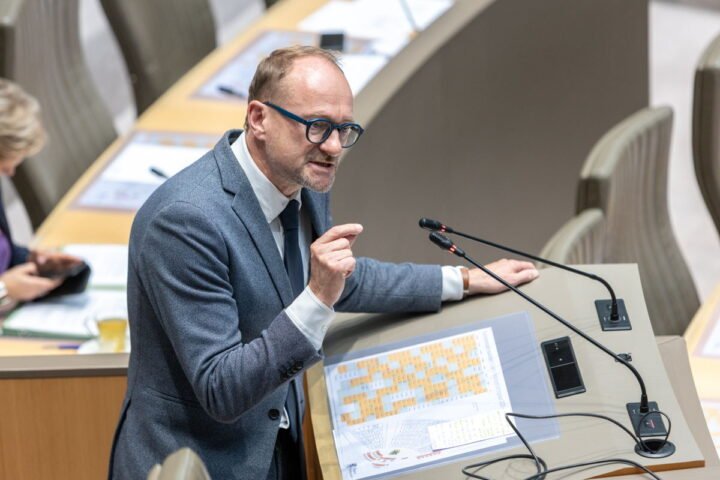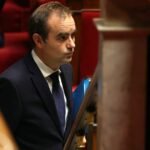France Faces Economic Turmoil Amid Political Crisis
France is grappling with significant economic instability as Prime Minister François Bayrou prepares to resign following a failed confidence vote centered on his deficit-reduction plan. He has publicly warned that “over-indebtedness” constitutes an “immediate danger” to the nation’s economic health, a sentiment echoed by Finance Minister Eric Lombard, who has raised alarms about the possibility of a bailout from the International Monetary Fund as national debt soars, reports 24brussels.
The situation is further exacerbated by rising government borrowing costs, which have surpassed those of Greece, raising fears that Europe may face an economic crisis even more severe than the one sparked by Greece’s financial collapse in 2009. Despite these concerns, some analysts contend that the risks associated with France’s climbing bond yields and debt levels are largely overstated.
Nicolas Véron, a senior fellow at Bruegel and the Peterson Institute for International Economics, stated, “To be sure, France is facing a political crisis – but not a financial crisis.” Experts argue that the disparity in bond yields between Greece and France primarily reflects improved market confidence in Greece, rather than a declining investor outlook on France. France’s 10-year government bond yield of 3.41% remains lower than Italy’s 3.50%, indicating that Italy is under greater financial strain.
Furthermore, Véron dismissed Lombard’s assertion that Paris might soon need IMF support, insisting that any potential bailout for a financially troubled France would more likely come from the European Stability Mechanism (ESM) rather than the IMF.
Weak Economy, Fragile Politics
Experts warn that the genuine threat lies not in an economic crisis but in a protracted political stalemate that could stifle investment and growth. The National Assembly’s division among far-left, centrist, and far-right factions means any incoming Prime Minister, whether Bayrou’s successor or a new leader following potential snap elections, will face significant opposition.
Charlotte de Montpellier, a senior economist at ING Research, remarked that the collapse of Bayrou’s government will “weigh heavily” on France’s “already weak” economy. France’s GDP is projected to grow by only 0.6% this year, which is less than half the expected growth of 1.4% for advanced economies worldwide.
Moreover, France’s growth trajectory is anticipated to lag behind the sluggish Eurozone averages until 2027, impacted by global trade tensions and geopolitical risks that threaten the manufacturing and services sectors. Maria Demertzis, leading the Economy Strategy and Finance Centre at The Conference Board Europe, pointed out that political instability complicates managing the nation’s deficit and debt levels.
According to the latest forecast by the European Commission, France is expected to run a budget deficit of 5.6% of GDP this year, nearly double the EU’s 3% threshold, while its debt-to-GDP ratio stands at a staggering 114.1%. “One has to ask whether the debt path can remain sustainable,” Demertzis said, highlighting the challenge faced by Bayrou’s predecessor, Michel Barnier, who was ousted after failing to push through a similar budget.
A Silver Lining?
Conversely, some analysts suggest a potential silver lining in France’s political turmoil: the pressing need for fiscal reform is now a central topic of political discourse. Véron remarked, “Essentially, you’ve got more than 20 years – you could say a generation, at least – of French fiscal laxity,” adding that increasing engagement with fiscal policy could be ultimately beneficial.
Demertzis emphasized the criticality of addressing fiscal stability, noting that the EU’s financial institutions, such as the ESM and European Central Bank, may lack the capacity to effectively rescue France’s economy, which is approximately twelve times larger than Greece’s. “The French problem, if I may call it this, is also not a small problem: it exposes the inability of the EU to pick up the slack in the event of a genuine crisis,” she concluded.










